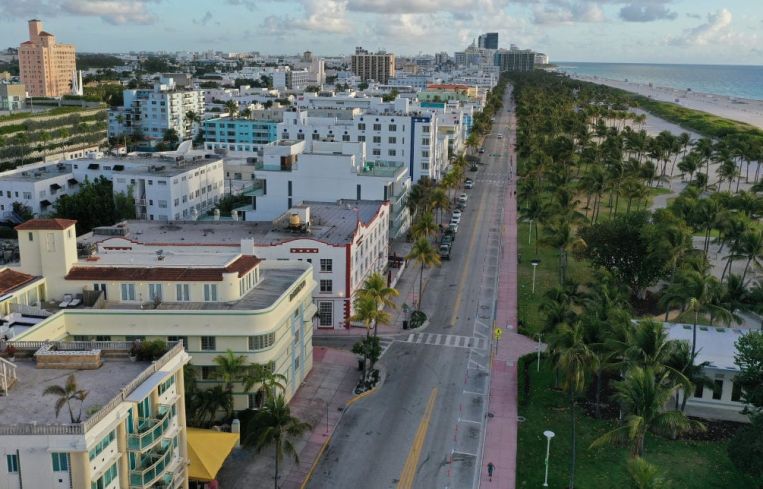New York Retail Brokerage RIPCO Enters Florida Market
By Julia Echikson August 17, 2021 5:36 pm
reprints
In light of COVID-19 restrictions, much of New York’s retail relocated to Florida. Now, its retail brokerages are doing the same. Ripco Real Estate is setting up shop across the Sunshine State, its first foray out of the tri-state area.
The retail brokerage hired Anthony ‘Tony’ Pavli, formerly of SITE Centers based in Ohio, as its Florida managing partner last week. RIPCO plans to open two offices in South Florida and two others in Tampa and Orlando, COO Mark Kaplan told Commercial Observer.
“We’ve been watching the Florida market continue to grow, and more of our clients are expanding down there,” he said. “The pandemic was gasoline on a fire that was already burning.”
RIPCO already counts national retailer Ross Dress for Less and controversial boxing legend Floyd Mayweather’s fitness center as Florida clients, Pavli said.
Details of the expansion still remain vague, and the firm has yet to sign any leases. Both Kaplan and Pavli were unsure how many brokers RIPCO would hire in Florida. To date, Kris Kral and Alison Horbach in Tampa, and Andie Blade in Miami have joined. Blade, a veteran retail broker in the Miami area, has experience at mall operators Unibail-Rodamco-Westfield and Simon Property Group, as well as on the brokerage side.
Founded in 1991, RIPCO has grown into a prominent New York brokerage, representing such high-profile businesses as restaurant chains Shake Shack and Sweetgreen as well as retailers Best Buy and Target, among others. It holds offices in Manhattan, Brooklyn, Long Island, New Jersey, and Greenwich, Conn.
During the height of the pandemic last fall and winter, Florida became a restrictionless haven. In September, Florida Gov. Ron DeDantis lifted virtually all COVID-related restrictions, allowing businesses to operate at full capacity. Northerners, tired of lockdowns, relocated down south in droves — and their favorite establishments followed. New York institutions Carbone, Le Bilboquet, Pastis, Prince Street Pizza, and Cote have either opened outposts or signed leases in South Florida this year.
Florida’s retail market has held steady in these turbulent times. So-called second-generation spaces — spots that are already fitted out for restaurants and come with permits and infrastructure — became hot commodities for new-to-market food operators, allowing them to quickly open up restaurants.
In Miami-Dade County, vacancy remained low at 4.3 percent and net absorption grew to 428,178 square feet, gaining 352,542 between the first and second quarters of 2021, according to data from brokerage Colliers. While the net absorption dropped to 125,394 square feet from further north in Central Florida during the same time period, the region’s vacancy rate also remained low at 6.3 percent and its average asking rent increased by 21 cents to $18.84 per square foot, per Colliers.



